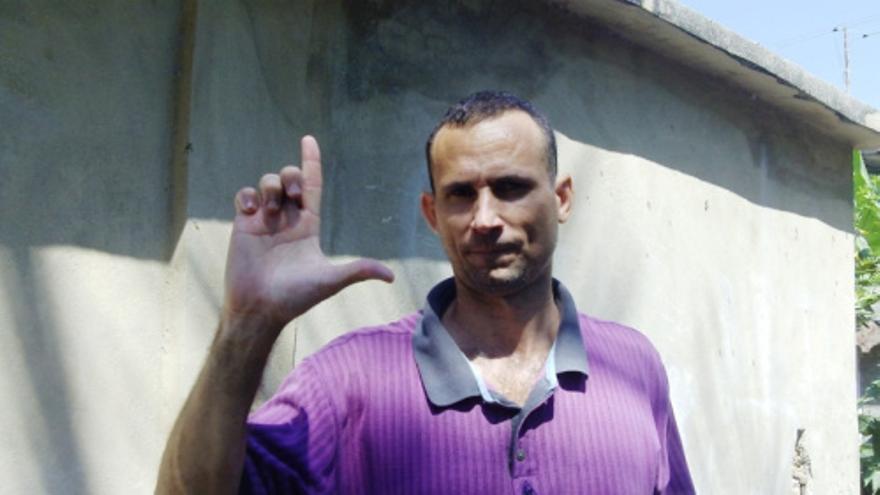
![]() 14ymedio, Havana, 5 June 2020 — In a report on human rights in Cuba, the Inter-American Commission on Human Rights (IACHR)* expressed disappointment that the new constitution, ratified in 2019, has preserved the one-party regime that has ruled the island for six decades.
14ymedio, Havana, 5 June 2020 — In a report on human rights in Cuba, the Inter-American Commission on Human Rights (IACHR)* expressed disappointment that the new constitution, ratified in 2019, has preserved the one-party regime that has ruled the island for six decades.
The organization, which has not issued a report like this in thirty-seven years, acknowledged that the new constitution is an improvement over the previous 1976 constitution with regards to some rights but notes that but it failed to take the steps needed for people to exercise them. IACHR also believes that giving the constitution legal precedence over international treaties was a missed opportunity and is disappointed that it failed to abolish the death penalty.
The IACHR points out that Cuba remains the only country in the Americas where there are no guarantees on the exercise of free speech and noted its concern over the serious limitations on freedom of opinion, expression, and the dissemination of information and ideas.
In the recent three-year period covered in its analysis, the IACHR determined that the Cuban state continued to impose serious limitations on political rights, first and foremost by failing to hold free elections but also by refusing to establish separation of powers.
Some groups, particularly human rights acitivists, have been victimized by the system through harassment by the security forces, which on many occasions act with impunity and are protected by regulations of questionable legality. Furthermore, since the judiciary is not independent, defendants have no guarantees to a fair trial.
The IACHR provided the government with a series of recommendations to ensure that rights and freedoms of political opponents and human rights activists are respected. These include guarantees on free movement, which is routinely violated through regulations that prevent individuals from traveling. The commission expressly requested that Cuban authorities issue “public condemnations of all acts of aggression” and provide “training and education to public officials, especially to police and security forces.”
The report also touches on problems of other vulnerable groups, suggesting special attention be paid to Cubans of African descent, women, the LGBTI community, minors and people with disabilities. It calls for the developing specific legal protections, collecting of statistics on the specific adversities they face and allowing them to exercise the legal rights they have on paper.
With regards to rights and benefits, the commission argues specifically for the right to decent housing, adequate supplies of food and water, proper sanitation, comprehensive health care, and freedom of thought in education.
The report also addresses the U.S. embargo, which the commission opposes. It does not believe, however, that the Cuban leadership is justified in consistently using the embargo as an excuse for its actions. “The IACHR has reiterated that the embargo must end because of the impact of economic sanctions on the rights of the Cuban population, while emphasizing that the embargo does not exempt the State of Cuba from fulfilling its international obligations, nor excuse its violations of the American Declaration,” the report states.
Between 1960 and 1983 the IACHR published seven reports specifically on Cuba. Since 1985 it has consistently included Cuba in its annual report after determining that fundamental conditions and institutions inherent to representative democracy do not exist in the country.
The report was prepared in spite of “the Cuban state’s lack of consent to an observation visit by the organization and because of disturbing information received about the serious human rights situation in the country.” In essence, it had to carry out investigations ex officio and rely on information gathered from fifty-five interviews with Cubans living inside and outside the country, focusing on the period from 2017 to 2019.
*Translator’s note: The IACHR is an autonomous body of the Organization of American States (OAS). Where possible, quotes from its 2020 report of Cuba were taken directly from the English language version of the document mentioned in this article.
_________________________
COLLABORATE WITH OUR WORK: The 14ymedio team is committed to practicing serious journalism that reflects Cuba’s reality in all its depth. Thank you for joining us on this long journey. We invite you to continue supporting us by becoming a member of 14ymedio now. Together we can continue transforming journalism in Cuba.
